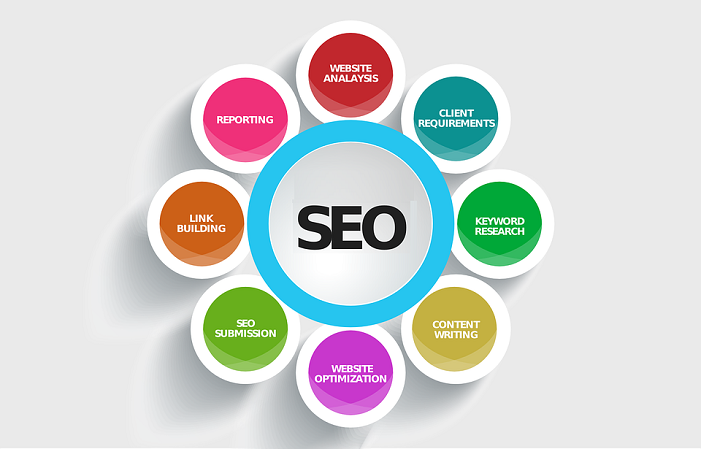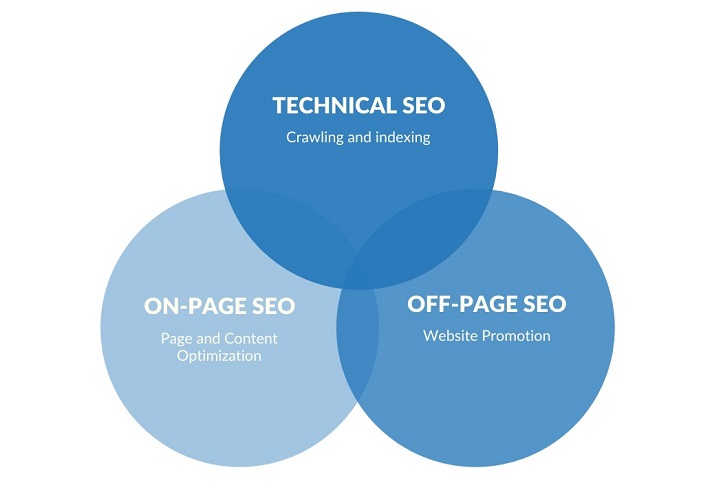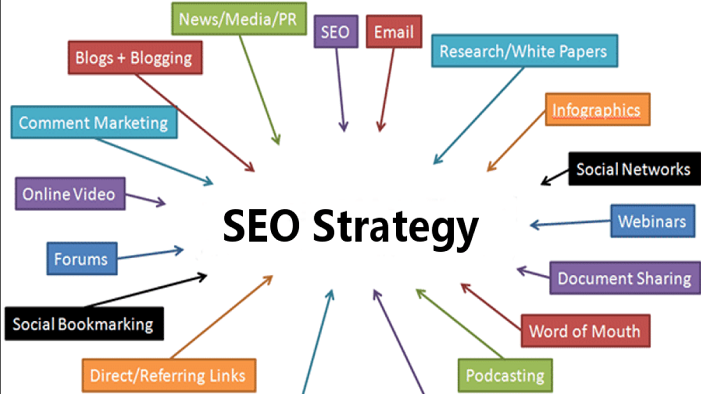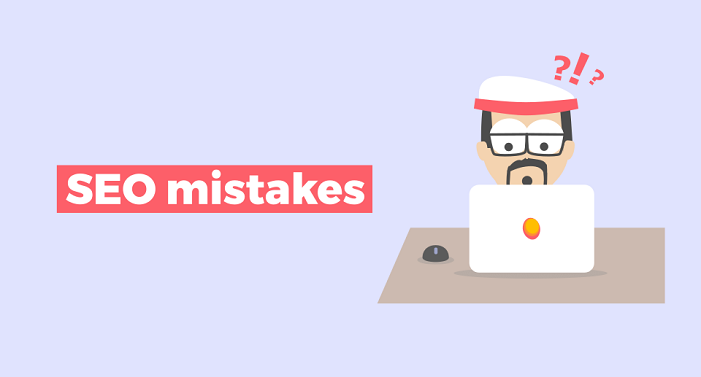The Ultimate Guide to Search Engine Optimization (SEO)
Imagine you have a great website, but no one can find it. That’s frustrating, right? This is where Search Engine Optimization (SEO) helps. SEO makes your website show up when people search online. It’s like a signpost that brings visitors to your site.
In this guide, we’ll explain SEO in simple words and show you how to rank higher on Google. Whether you run a business, write blogs, or sell products, these tips will help you succeed.
What is Search Engine Optimization (SEO)?

SEO helps search engines like Google find your website. When people look for something, Google scans millions of websites and picks the best ones. SEO helps Google choose your website as a top result.
How Search Engines Work
Search engines scan websites, understand their content, and rank them. They check keywords, website speed, mobile-friendliness, and backlinks. If you improve these areas, you can rank higherz.
The Three Main Parts of SEO

1. On-Page SEO: Improving Your Website
On-page SEO makes your website easy to read and useful for visitors.
Finding the Right Keywords
- Use Google Keyword Planner or Ahrefs to find popular searches.
- Pick less competitive keywords, like “best SEO tips for beginners.”
Writing High-Quality Content
- Write clear, useful, and engaging content.
- Use keywords naturally without overloading.
- Use short paragraphs and simple words.
Optimizing Titles and Descriptions
- Title Tags: Keep them under 60 characters and include your keyword.
- Meta Descriptions: Write a short, catchy summary (150-160 characters) to attract clicks.
2. Off-Page SEO: Building Your Website’s Reputation
Off-page SEO helps your site gain trust and authority.
Getting Backlinks
- Backlinks are links from other sites to yours. They tell Google your site is reliable.
- Get links from trusted websites in your industry.
Using Social Media
- Share your content on Facebook, Twitter, and LinkedIn to reach more people.
- More shares mean more traffic and better rankings.
3. Technical SEO: Making Your Website Easy to Use
Technical SEO ensures search engines can read your site properly.
Speeding Up Your Site
- Use Google PageSpeed Insights to test your speed.
- Compress images and use a fast web host.
Making Your Website Mobile-Friendly
- Over 50% of searches happen on mobile devices.
- Use a responsive design to make your site work on phones and tablets.
Securing Your Website
- Google prefers secure websites.
- Use HTTPS instead of HTTP to protect data.
Advanced SEO Strategies for 2025

1. Voice Search Optimization
Many people now use voice assistants like Alexa and Siri. To optimize for voice search:
- Use simple, natural language.
- Answer questions clearly, like “What is SEO?”
2. Getting Featured on Google
Featured snippets appear above the first result. To get featured:
- Answer questions clearly in 2-3 sentences.
- Use lists and bullet points to improve your chances.
3. AI & SEO: The Future
Google uses AI to understand what people want. To stay ahead:
- Write for people, not just search engines.
- Focus on useful, engaging content.
Common SEO Mistakes to Avoid

- Not making your site mobile-friendly.
- Using too many keywords (Google may penalize for this).
- Ignoring titles and descriptions.
- Publishing low-quality content.
- Not tracking SEO performance.
Generate Robots.txt Files: A Simple Guide by UploadArticle.com
Conclusion
SEO is not a one-time task. It needs continuous effort. The internet keeps changing, and your SEO strategy should too. Start with small steps, track your progress, and keep improving.
FAQs About SEO
1. How long does SEO take to work?
SEO takes about 3-6 months to show results. It depends on competition and effort.
2. Is SEO good for small businesses?
Yes! SEO helps small businesses get more customers without spending on ads.
3. Does social media help with SEO?
Social media doesn’t directly affect rankings, but it increases traffic and engagement.
4. What are the best SEO tools?
Some great SEO tools are Google Analytics, Ahrefs, SEMrush, and Moz.
5. Can I do SEO myself?
Yes! If you learn the basics and put in the effort, you can improve your rankings. But for better and faster results, hiring an expert can help.
6. What is local SEO?
Local SEO helps businesses appear in search results for nearby customers. It’s great for brick-and-mortar stores.
7. Why is keyword research important?
Keyword research helps you find what people search for so you can create content that matches their needs.
8. What is the difference between organic and paid search results?
Organic results appear naturally due to SEO efforts, while paid results are advertisements that businesses pay for.
9. How often should I update my SEO strategy?
SEO changes constantly. You should review and update your strategy every few months to stay competitive.
10. Does website speed affect SEO?
Yes! A slow website can hurt your rankings. Improving site speed helps keep visitors happy and boosts SEO.

